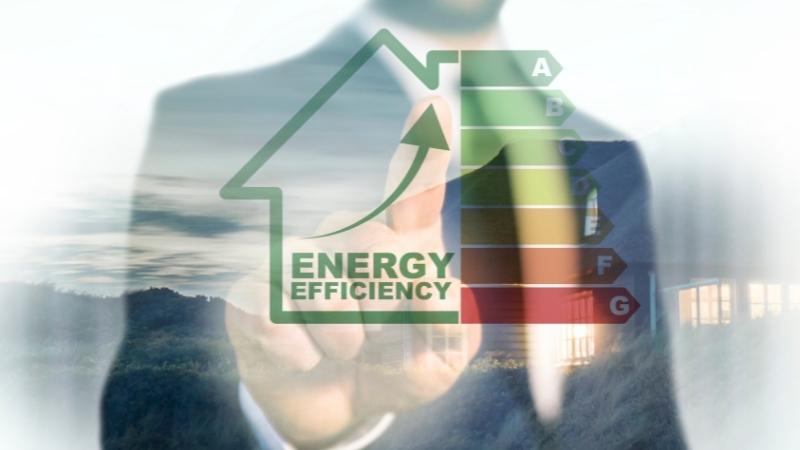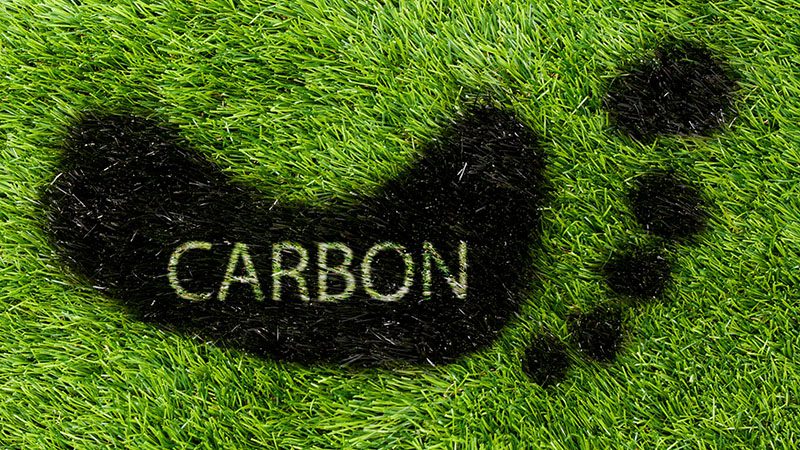- Decarbonisation
- Energy Efficiency Directive
Draft act Energy Efficiency Directive open for feedback until 10 September 2021
20 July 2021
2 min read

- Decarbonisation
- Energy Efficiency Directive
Draft act Energy Efficiency Directive open for feedback until 10 September 2021
20 July 2021
2 min read
Home Draft act Energy Efficiency Directive open for feedback until 10 September 2021
The act has been released within the context of the Fit for 55 package to deliver the Green Deal and reduce Greenhouse Gas (GHG) emissions by 55% in 2030 on the path towards the 2050 climate neutrality ambitions. It is now open for feedback until 10 September.
06 January 2026
The Commission launched a public consultation and call for evidence in view of the revision of the Regulation on the Governance of the Energy Union and Climate Action. The public consultation is open until 12 March 2026.
1 min read
19 December 2025
The final Delegated Regulation setting out the EU framework for calculating lifecycle GWP of new buildings has now been published. It specifies what HVAC equipment must be included in the calculations as well as acceptable sources of product-level data....
2 min read
27 October 2025
The Commission published the ‘Second Technical Report’ of the project Study on Technical Assistance in support of implementing Article 12(5) of Directive 2023/1791 on the energy performance and sustainability of data centres....
1 min read
14 October 2025
The European Commission published a draft Delegated Act setting an EU framework for calculating lifecycle GWP of new buildings. It specifies what HVAC equipment must be included in the calculations as well as acceptable sources of product-level data....
2 min read
05 September 2025
The European Commission opened the consultation on the Electrification Action Plan which will promote the switch from fossil fuels to electricity by addressing the key barriers, and by building on existing EU legislation.
1 min read
04 September 2025
The European Commission opened the consultation on the Heating and Cooling Strategy which will aim to accelerate the decarbonisation of heating and cooling.
1 min read
04 August 2025
The first technical report from the study supporting the establishment of an EU assessment system for the sustainability of data centres has been published.
2 min read
01 August 2025
New guidance from the European Commission clarifies how Member States should interpret and implement the new lifecycle GWP provisions of the recast EPBD.
1 min read







